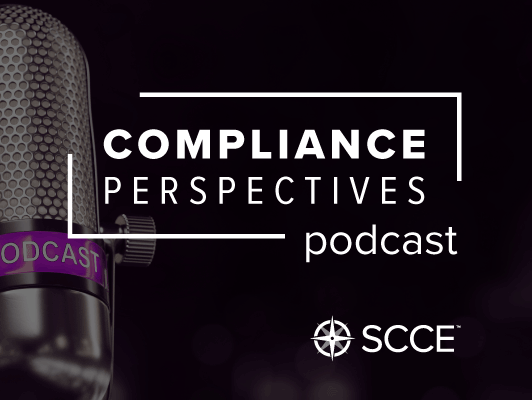Podcast: Play in new window | Download (Duration: 14:08 — 13.0MB)
Subscribe: Apple Podcasts | Email | TuneIn | RSS
It’s a very busy time for compliance professionals overseeing businesses operating in India, reports Arpinder Singh, India & Emerging Markets Leader at EY Forensic & Integrity Services. There are a dizzying number of new laws, regulations and guidance including:
- The Companies Auditor’s Report Order (CARO) 2020, which puts the onus on auditors when it comes to whistleblower complaints and could cause friction between companies and their outside auditors
- A new data privacy bill, not yet approved, that could have significant impact on investigations
- New regulations designed to address insider trading and requires any whistleblower complaint leading to a forensic investigation to be reported to the regulator
- Increased responsibility for directors and officers under the Prevention of Corruption Act of 2018
And this is just the start, with new rules affecting everything from the handling of whistleblowers to fugitives to anticompetition law.
Adding to the challenge, he warns, is the pandemic. India historically did not provide workers with laptops, and WiFi is not always found in workers homes. As a result, many are relying on their own devices and mobile phones for connectivity, creating new data protection risks. It has already led to a sharp increase in ransomware attacks.
Supply chain disruptions have also been rife, added pressure on everyone, and led to increased risk when it comes to ethical ways of working.
And, of course, issues like corruption remain, he explains, especially in areas such as real estate and infrastructure.
Listen in to learn more about what you need to know to manage an effective compliance program in India.


